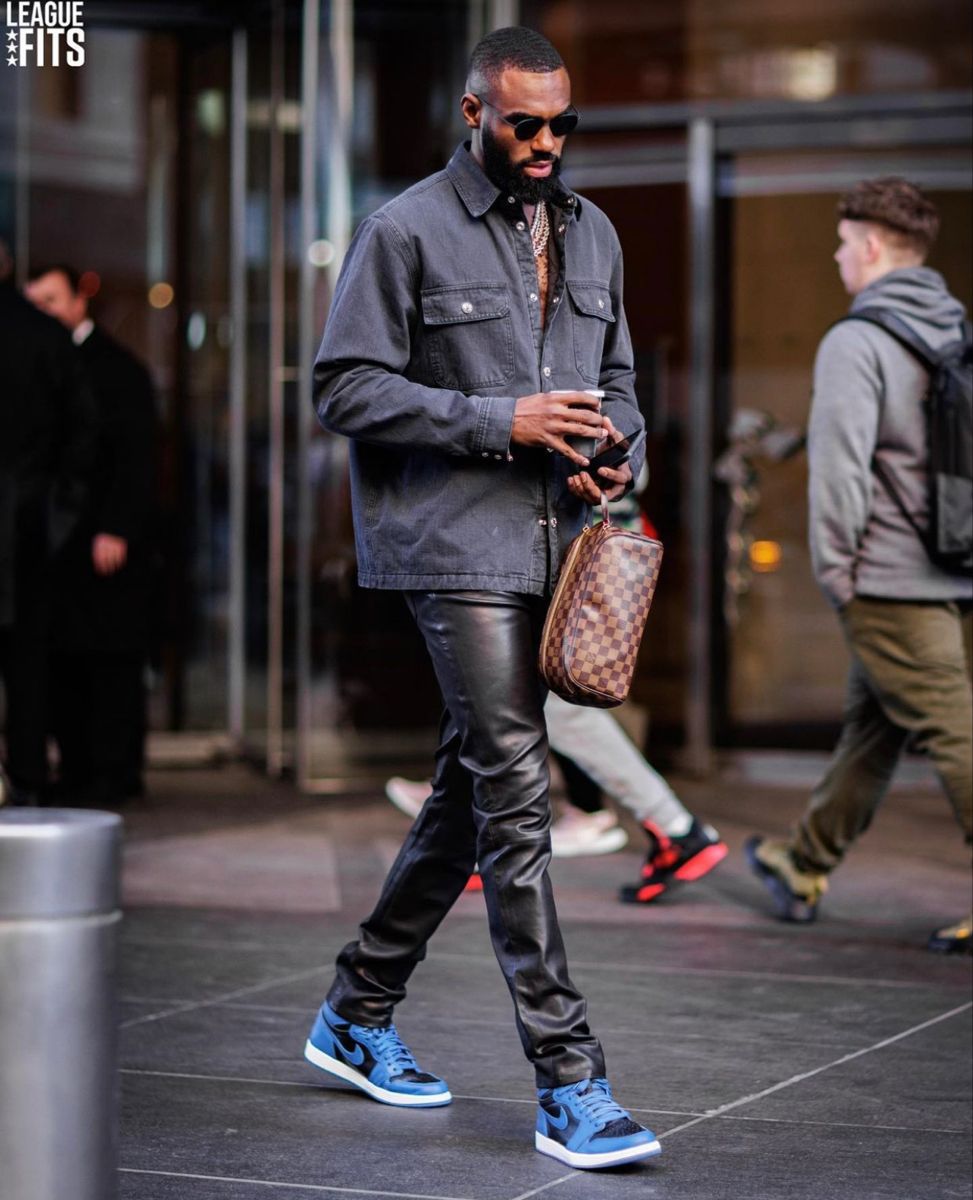“We need you,” declares Travis Kelce. “Let’s keep this rolling,” commands Patrick Mahomes.

What they want is for Kansas City voters to approve a tax that would raise as much as $2 billion of taxpayer money for two stadiums. The NFL stars made their appeal in an ad encouraging Jackson County, Missouri, residents to vote yes on an April 2 ballot measure to renew a sales tax for another 40 years.
The revenue would fund the relocation of the Kansas City Royals baseball team into a new ballpark downtown so the NFL’s Chiefs can expand into the space now occupied by the Royals at the teams’ joint sports complex.
In spite of the appeal from the beloved stars, who led the Chiefs to a second straight Super Bowl win in February, the approval isn’t a lock. A poll by Remington Research Group found that 47% of respondents would vote yes, while 46% would vote no, according to local TV station KSHB 41.
Opponents of the measure have said the team’s billionaire owners — the Hunt family — should chip in more than the $300 million they’ve promised toward the $800 million renovation. The Royals, who finished with the second worst record in baseball last year, are owned by a group led by John Sherman, the founder of propane retailer Inergy LP.
“The County spends more money on the two sports teams every year than we do on our parks and playgrounds, public hospital, and roads and bridges – combined,” Frank White Jr., the Jackson County Executive and former Royals hall of fame second baseman who opposes the measure, said in a statement.
Opponents have raised concerns about the location the Royals have selected within the city’s Crossroads Arts District, which would force the relocation of several small businesses in the neighborhood. KC Tenants, a local tenant union organization, came out against the stadium early. It will likely lead to rising rents and displacement of businesses and residents in the Crossroads, according to Dajanae Moreland, an organizer with the group.
Sam Mellinger, a spokesperson for the Royals, noted that the team’s owners are prepared to put in more than $1 billion toward the project. Proponents claim the new ballpark in downtown Kansas City will generate $79 million in new tax revenue annually
Public financing of professional sports venues has long been a political hot button issue locally across the country. Some teams have sought to avoid the drama by promising private financing instead of taxpayer dollars to build stadiums or arenas. The Philadelphia 76ers professional basketball franchise in 2022 said it would privately finance a more than $1 billion sports and entertainment complex in the city’s downtown. The $5.5 billion SoFi Stadium in Los Angeles was entirely privately financed.
Still, several teams recently have successfully won government subsidies and tax abatements to offset the cost of construction. MLB teams like the Cleveland Guardians and Tampa Bay Rays have secured new funding for upgrades. And Wisconsin Governor Tony Evers signed a law providing about $500 million in public financing to help refurbish the Milwaukee Brewers baseball stadium. The Buffalo Bills football team recently received a $600 million subsidy promise from New York and $250 million from Erie County.
J.C. Bradbury, a sports economist at Kennesaw State University in Georgia, said team owners are usually reluctant to go to voters because the public is more skeptical of such projects compared to city councils, county commissions or state legislatures. Stadium subsidy votes pass a little more than half of the time, he said. The record of both the Chiefs and the Royals may not matter very much to voters, Bradbury said.
“Some teams are terrible and get stadium deals, some teams are doing great and get stadium deals turned down,” he said.

Chiefs season ticket holder Josh Chavis said he supports the proposal despite being underwhelmed by the Chiefs’ plans for a new stadium, which is focused on more parking and upgrades to VIP suites.
Still, Chavis said he’s excited for the potential new Royals ballpark and envisions it making the Crossroads Arts District similar to Wrigleyville, where the Chicago Cubs play. He’s not eligible to vote in the election because he doesn’t live in the county, but any visitor to the county will need to pay the sales tax.
“If we’re going to dip into public tax money, we should be a bit more impactful on where those dollars are going,” Chavis said.




